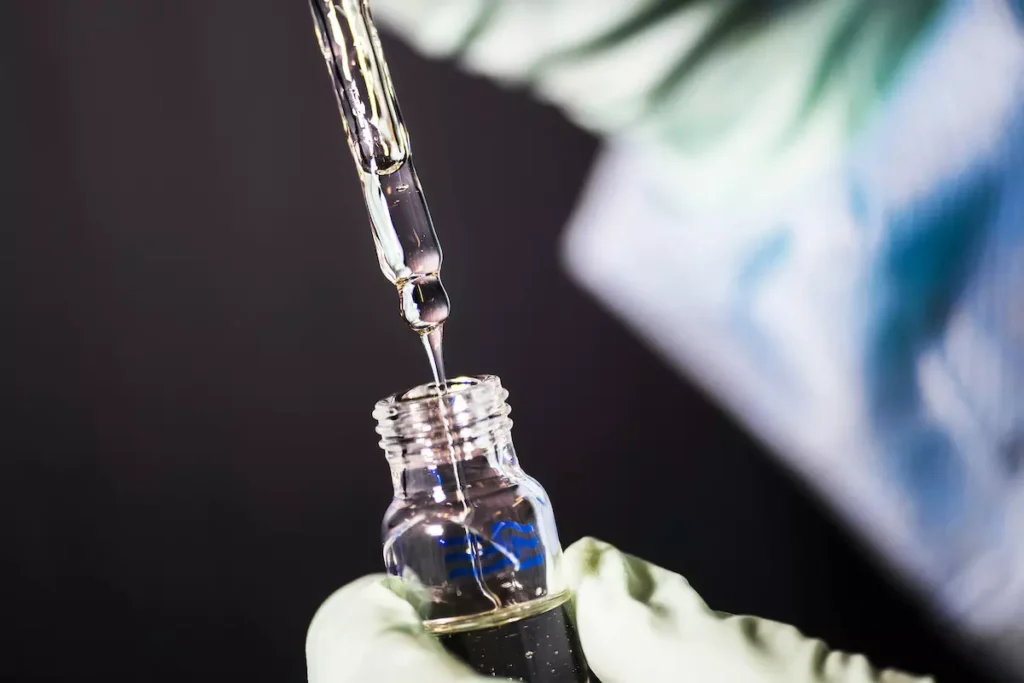
Listen Up! Episode #12: How FDA’s Onerous Animal-Testing Requirements Are Killing Animals And People
- Wayne Pacelle
The world is racing to formulate a vaccine for COVID-19, but what hurdles stand in the way? In the best of circumstances, vaccine development is not an easy process. The SARS coronavirus (SARS-COV-1), which originated in a live-wildlife market in China in 2002, infected 8,000 people in 26 countries, and still there’s no vaccine for it. The same goes for the MERS coronavirus (Middle East Respiratory Syndrome) first reported in 2012.
The U.S. Food and Drug Administration’s costly and onerous drug approval process, especially its reflexive and rigid animal-testing requirements, make the process extraordinarily difficult. Animal testing is required even in circumstances where the animals cannot contract the disease.
Regarding the new coronavirus, an analytics firm concluded that it would take at least five years for the Moderna and Innovio vaccines to complete the development process and obtain regulatory approval. They calculated the probability of success at 5% and 15% respectively.
With political leaders desperate to re-open the economy, and with the vaccine the only known way to stop the spread of the virus and prevent a resurgence, why are they allowing us to hang on the idea that a vaccine will be developed imminently?
We must revamp the process for this crisis and for all other drug development efforts. More than ever, the community of nations in the world cannot afford a check-the-box, outdated scientific model that has a 90% failure rate. The longer it takes, the more people get sick and die.
It’s been a crisis situation, but few are paying attention, except perhaps for the afflicted and their families who desperately wait for cures or palliative treatments as the drug development process grinds forward. Companies must invest in drugs with high market potential because they must make high-risk, 10-year, billion-dollar investments in research to bring a single drug to market. This regulatory screening process means that life-saving treatments are, as a matter of form, delayed or entirely undelivered.
Today, we talk with Tamara Drake, director of research and regulatory policy at the Center for Responsible Science, about the regulatory burdens on drug makers and the life-threatening, cumbersome process that shapes drug development in the United States and wastes so many animal lives in the process.
The Animal Wellness Podcast is a regular segment that not only delivers timely information but offers insights and analysis you won’t hear anywhere else. We’ll offer in-depth discussions of local, state, or federal policy and elections, and the effects of laws and regulations on corporations. We hope you’ll listen today, and also check out earlier episodes: